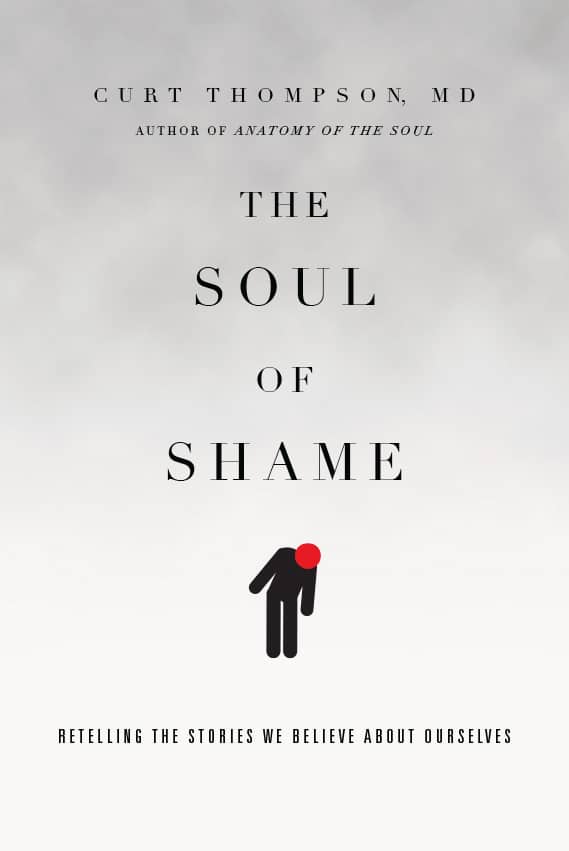The Soul of Shame

According to Andy Crouch, shame is becoming a dominant force in the West. We see it in online bullying and takedowns, social relationships, books by Brené Brown, and in our own lives. If this is true, Crouch writes, “effective evangelism and discipleship in the next generation will require learning from cultures where shame, far more than guilt, is the human problem the gospel must address.” In other words, we need a theology of shame.

I was fascinated to come across The Soul of Shame: Retelling the Stories We Believe About Ourselves, written by psychiatrist Curt Thompson. Thompson argues that shame is ubiquitous, and that evil leverages shame to corrupt our relationships with God and others, disrupt our vocational callings, and bend us toward sin. “Shame is a primary means to prevent us from using the gifts we have been given.” The Soul of Shame aims to help us recognize shame and its effects in our lives, and to turn toward healing through being known. This is possible, Thompson writes, because God pursues us and delights in knowing us, even the parts of us of which we’re most ashamed. The gospel can free us to be known, to come out of hiding, and to create churches and communities that fight shame.
I’m intrigued by the way that Thompson integrates neurosciences and theology. I’m completely unqualified to evaluate his neuroscience, although what he writes seems credible to me. I’m a little more familiar with theology, and found Thompson’s work here very helpful. This is not simply a self-help book. It’s an intellectually challenging, theologically robust examination of shame with a practical purpose: to help us overcome shame, be known, and flourish in our vocations. He also helps us reflect on how we can cultivate churches that expose shame and make room for healing and creativity.
The greatest antidote to shame is the gospel. This doesn’t mean that we will be free from shame; it “likes to do its work and, when exposed, retreat into the shadows, only then to reemerge no less potently than before.” But we can learn to recognize the false stories that shame tells, and start to tell ourselves the story of the gospel instead:
The gospel tells a very different story: We are God’s sons and daughters in whom he is very pleased. He is delighted to be in our presence. And it is love’s business to draw us together as a people in an integrated whole of differentiated, linked parts who are capable of amazing creativity. No one is left behind or left out. But we are not blind to the fact that we have different work to do, with some being more visible than others.
Thompson concludes by asking some great questions. How would it look if we lived this way? What story will our souls and communities tell? Because shame is so prevalent in society and in our souls, it’s important that we stop believing shame’s story, and ask God to “enable us to retell our stories as part of the great Story he longs for all of us to join.”
More from Amazon.com






